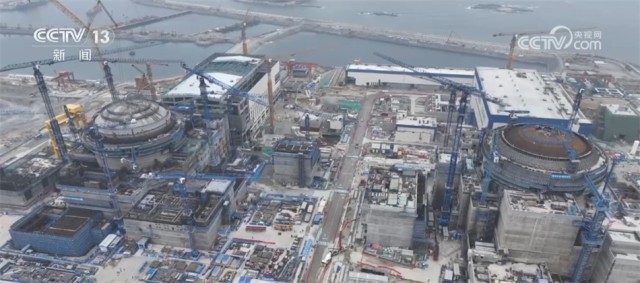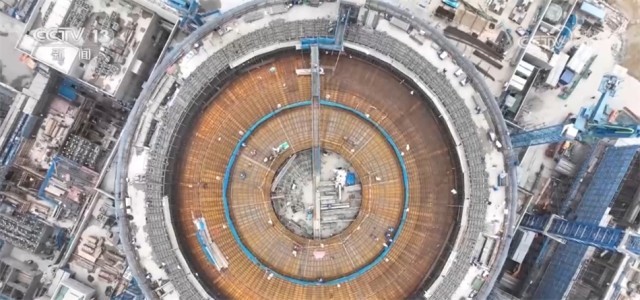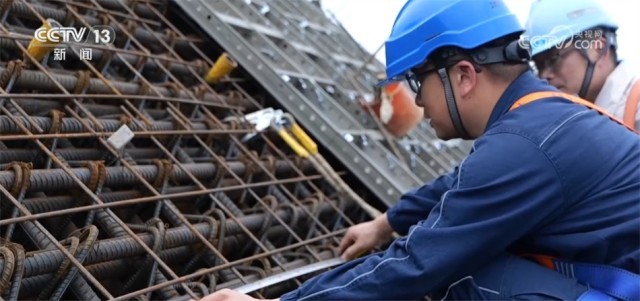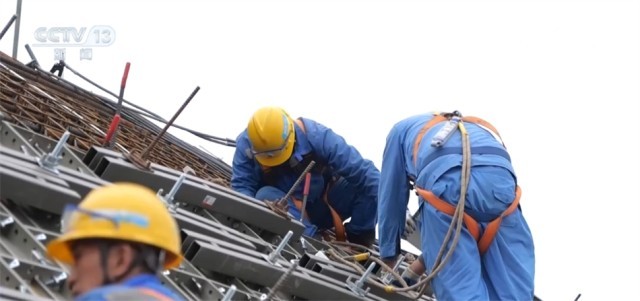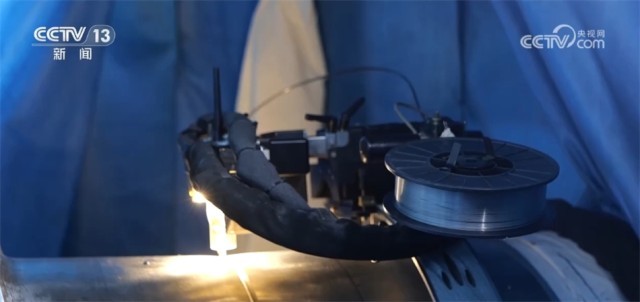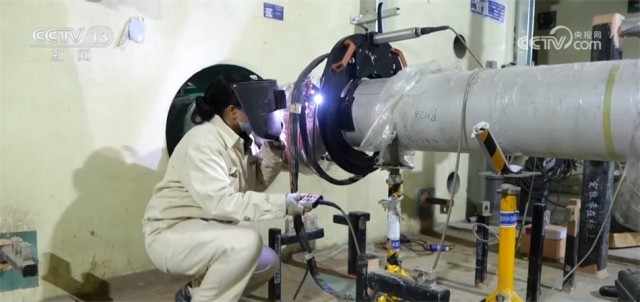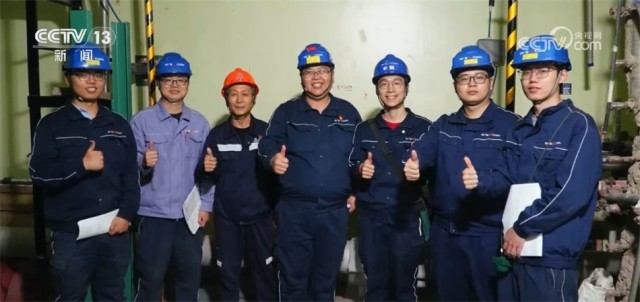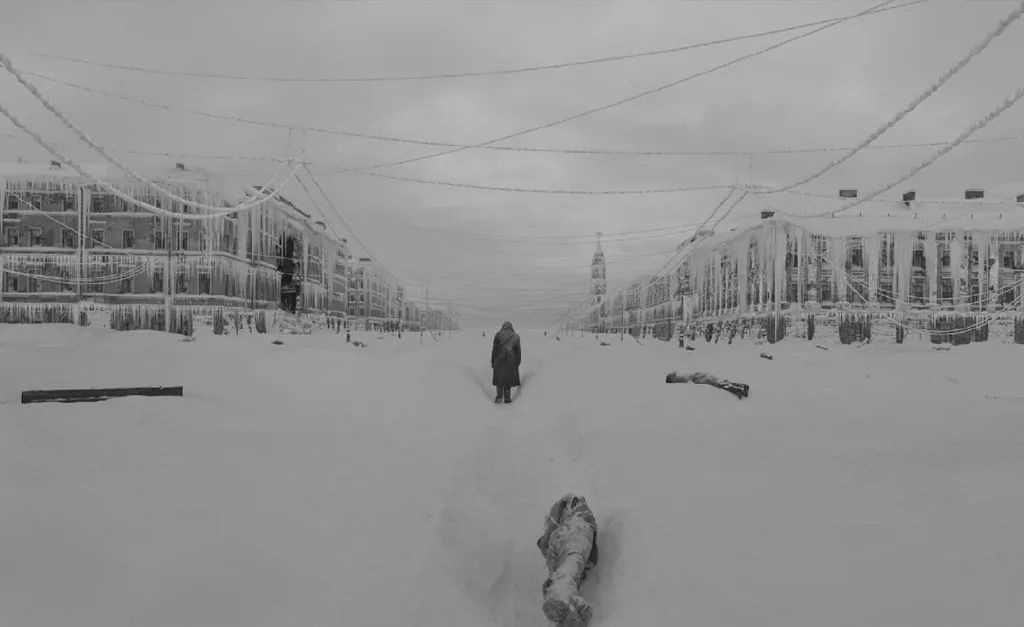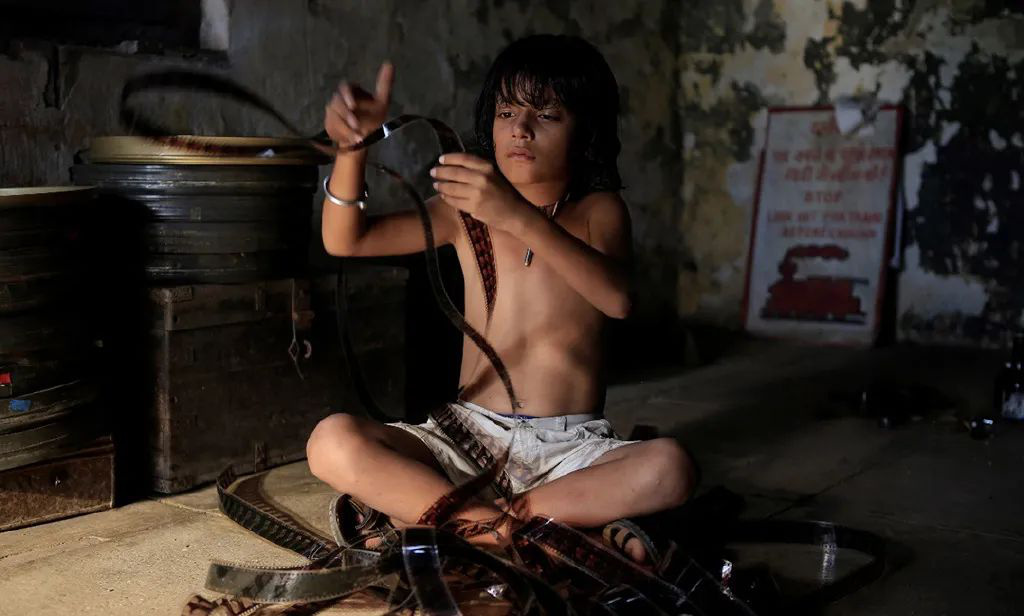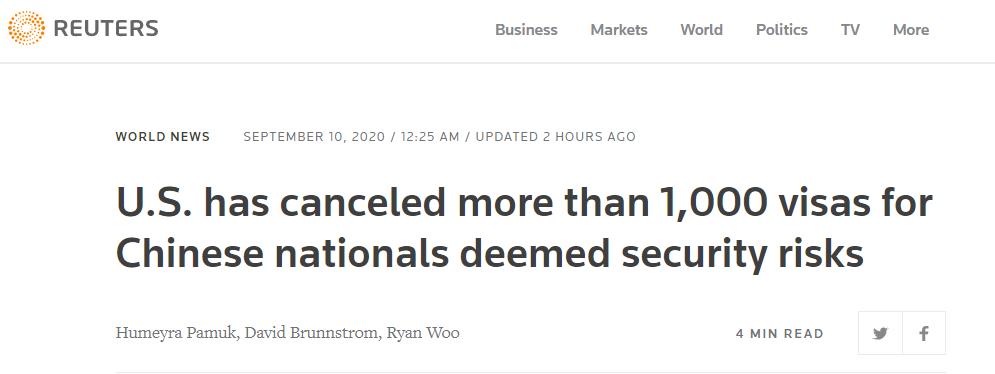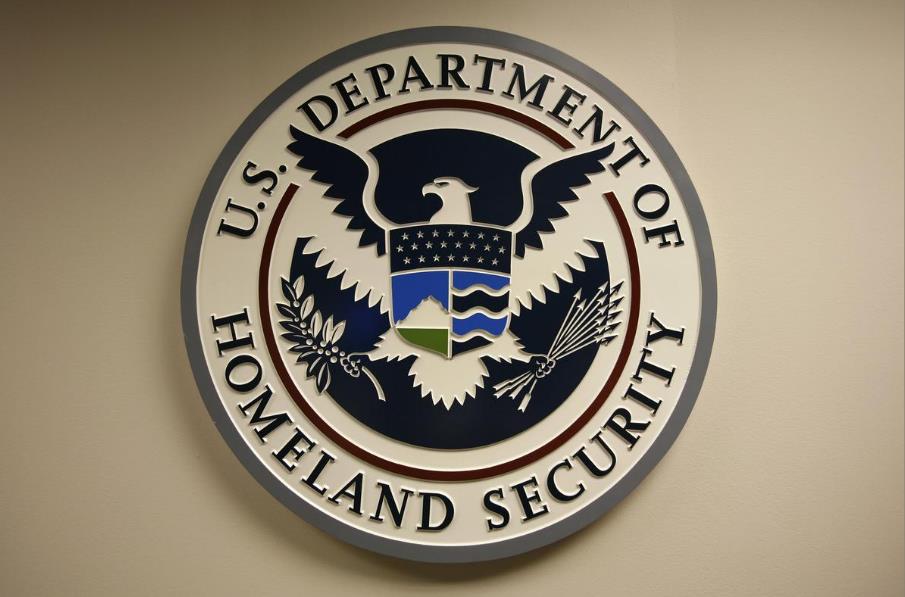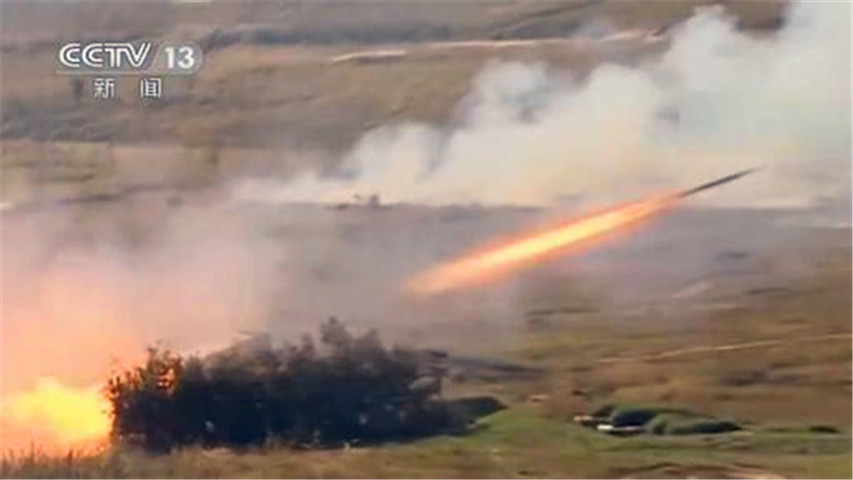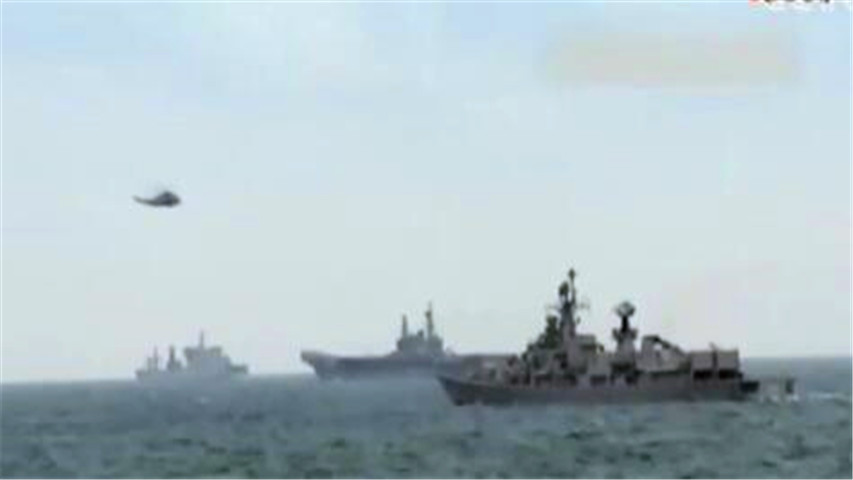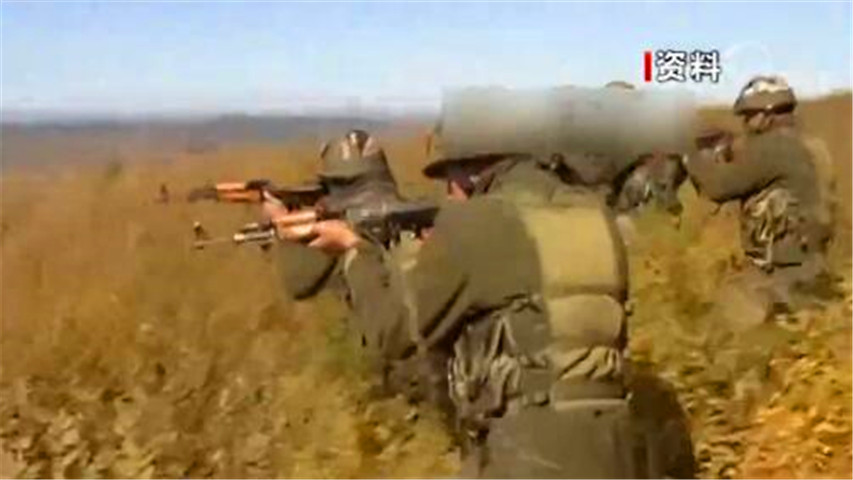No.2 [2006] of Beijing Housing Provident Fund Management Committee
Chapter I General Provisions
Article 1 In order to strengthen the management of housing provident fund deposit and safeguard the legitimate rights and interests of housing provident fund owners, these Measures are formulated in accordance with the Regulations of the State Council Municipality on the Administration of Housing Provident Fund, the Provisions of Beijing Municipal People’s Government on the Implementation of the Regulations on the Administration of Housing Provident Fund, and the relevant provisions of the state and this Municipality, combined with the actual situation of this Municipality.
Article 2 These Measures shall apply to the deposit management of housing provident fund within the administrative area of Beijing, including:
(1) Registration, account opening, alteration and cancellation of housing provident fund units;
(two) the establishment, sealing and transfer of individual accounts of housing provident fund;
(three) the amount of housing provident fund deposit approved;
(4) Remittance and payment of housing provident fund;
(5) Interest calculation, reconciliation and inquiry of housing provident fund.
Article 3 Beijing Housing Provident Fund Management Committee (hereinafter referred to as the Management Committee) is the decision-making body of housing provident fund management in this Municipality. Perform the following duties in deposit management:
(a) according to the relevant laws, regulations and policies, formulate and adjust the specific management measures of housing provident fund, and supervise the implementation;
(two) responsible for formulating the specific deposit ratio of housing provident fund;
(3) Determine the applicable conditions for reducing the deposit ratio and postponing the payment of housing provident fund, and examine and approve or authorize the examination and approval unit of Beijing Housing Provident Fund Management Center (hereinafter referred to as the Management Center) to apply for reducing the deposit ratio or postponing the payment;
(four) to determine the upper limit of the deposit amount, and to examine and approve or authorize the management center to examine and approve the application of the unit that exceeds the upper limit of the deposit amount.
Article 4 The management center shall be responsible for the deposit management of housing provident fund within the administrative area of this Municipality.
Article 5 The following units and their employees shall pay the housing provident fund:
(1) State organs;
(2) State-owned enterprises, urban collective enterprises, foreign-invested enterprises, urban private enterprises and other urban enterprises;
(3) Institutions;
(4) Private non-enterprise units;
(5) Social organizations.
Other units and their employees can deposit the housing provident fund in accordance with the principle of mutual voluntariness.
Article 6 On-the-job employees refer to civil servants and employees who have signed employment contracts or labor contracts with their units, or who have not signed contracts but have been identified by the labor arbitration department as having a factual labor relationship for more than six months.
Article 7 Conditional units may, on the principle of mutual voluntariness, establish housing accumulation funds for employees who have not signed contracts for less than six months.
Eighth individual industrial and commercial households and freelancers can apply for housing provident fund deposit.
Ninth before 1993, the standard price preferential measures for the purchase of workers and couples, in line with the following circumstances, the unit should establish housing provident fund for them:
(a) the sum of the length of service of both husband and wife has reached 65 years and is on the job, and the housing provident fund shall be established from the second month of the husband and wife’s length of service and 65 years;
(two) according to the standard price preferential measures for the purchase of workers and couples, after paying the house price, According to the Trial Provisions on Housing Adjustment for House-purchasing Employees ([95] Beijing Housing Reform Office No.056), Notice on Printing and Distributing Supplementary Provisions on Housing Adjustment for House-purchasing Employees ([97] Beijing Housing Reform Office No.071) and Notice of Beijing Municipality on Establishing Housing Provident Fund for Employees who Purchase Houses by Preferential Measures at Standard Prices ([98] Beijing Housing Reform Office No.071)
Chapter II Registration and Account Establishment
Tenth units should go to the management center for housing provident fund deposit registration.
The newly established unit shall, within 30 days from the date of establishment, go to the management center for registration of housing provident fund deposit.
Units handling the registration of housing provident fund deposit should hold a copy of the certificate of legal person, a copy of the business license or the approval document for the establishment of the unit.
Eleventh units should designate a person to handle the housing provident fund related business.
The unit manager should hold the power of attorney of the unit and the original ID card to the management center for registration. Need to change the agent, should be timely to the management center for change registration.
Twelfth units should handle the formalities for the establishment of housing provident fund accounts for employees within 20 days from the date of completing the registration of housing provident fund deposit.
Units that employ employees shall handle the procedures for the establishment of housing provident fund accounts for employees within 30 days from the date of employment.
Thirteenth each employee can only have one housing provident fund account.
Employees employed by institutions and branches of other provinces and cities in Beijing who have not paid housing provident fund shall establish housing provident fund accounts in this city.
Article 14 If the registration information such as the name and address of the unit is changed, it shall go to the management center to register the change with relevant certification materials within 30 days from the date of the change.
Fifteenth unit merger, division, cancellation, dissolution or bankruptcy, should be within 30 days from the date of the above situation, the original unit or liquidation organization to the management center for registration of change or cancellation of registration.
Units handling the registration of change or cancellation of housing provident fund shall issue relevant certification materials.
Sixteenth employees’ personal registration information, such as name, ID number, etc., is changed, and the relevant certification materials should be used to register the change.
Chapter III Deposit
Seventeenth housing provident fund year from July 1st of this year to June 30th of the following year; The housing provident fund year included in the financial budget management unit can be from January 1st to December 31st.
Article 18 The monthly deposit of housing provident fund shall be adjusted once a year.
The monthly deposit of housing provident fund consists of two parts: the monthly deposit of employee housing provident fund and the monthly deposit of unit housing provident fund.
The monthly deposit amount of employee housing provident fund is the average monthly salary of employees multiplied by the deposit ratio of employee housing provident fund.
The monthly deposit amount of unit housing provident fund is the average monthly salary of employees multiplied by the deposit ratio of unit housing provident fund.
Article 19 The average monthly salary of employees shall be determined by dividing the total salary of employees from January 1 to December 31 of the previous year by 12.
The total wages are calculated in accordance with the provisions of the National Bureau of Statistics on conscientiously implementing the provisions on the composition of total wages (No.1 [1990] of the Control Word).
Article 20 The monthly deposit amount of employee housing provident fund in a new job or transferred to a new unit shall be calculated according to the employee’s monthly salary.
Twenty-first city housing provident fund deposit ratio, drawn up by the CMC, approved by the Municipal People’s government, announced to the public.
Article 22 The housing accumulation fund paid by individual employees shall be withheld and remitted from their wages by the unit where they work.
The unit shall remit the housing provident fund paid by the unit and remitted for the employees to the housing provident fund account opened by the management center in the bank within 5 days from the date of monthly payment of employees’ wages. After the funds are received, the management center will allocate the corresponding funds into the employee housing provident fund personal account.
New employees began to pay housing provident fund from the second month of their work.
The newly transferred employees shall pay the housing provident fund from the month when the transferred units pay wages.
Seconded, expatriate workers, the unit that has established labor relations with the workers is responsible for the implementation of the housing provident fund deposit.
Article 23 After deducting the monthly contribution of employee housing provident fund, if the employee’s salary is lower than the minimum wage standard published by Beijing Municipal Bureau of Labor and Social Security, the monthly contribution of employee housing provident fund may be reduced to reach the minimum wage standard. The monthly deposit amount of unit housing provident fund remains unchanged.
If the wages of laid-off workers and retired workers are lower than the basic living expenses of laid-off workers announced by the Beijing Municipal Bureau of Labor and Social Security after deducting the monthly payment of housing provident fund, the monthly payment of housing provident fund for laid-off workers can be reduced to reach the basic living expenses of laid-off workers. The monthly deposit amount of unit housing provident fund remains unchanged.
Article 24 The upper limit of the monthly deposit of housing provident fund shall be determined by multiplying 300% of the average monthly salary of employees in Beijing in the previous year by the sum of the deposit ratio of housing provident fund of units and employees in that year.
The implementation period of the upper limit of the monthly deposit of housing provident fund is one housing provident fund year.
The upper limit of the monthly deposit of housing provident fund shall be adjusted and announced by the CMC in a timely manner.
Twenty-fifth units over the upper limit of the monthly deposit of housing provident fund, should be approved by the higher authorities or regulatory authorities, and reported to the CMC for approval after the audit of the management center; If there is no superior competent department or regulatory department, it shall be reported to the management Committee for approval after being audited by the management center.
Twenty-sixth units that have paid the housing provident fund in full by the financial department will no longer be examined and approved if the deposit amount exceeds the upper limit.
Article 27 The unit shall pay the housing provident fund according to the approved monthly deposit amount, and the underpayment shall be supplemented. After the overpayment is confirmed by the unit and the management center, the unit shall inform the employee himself, deduct the overpayment from the employee housing provident fund account and transfer it back to the paying unit.
Article 28. Units that have real difficulties in paying the housing provident fund may, after discussion and approval by the workers’ congress or trade union of the unit, handle the reduction of the payment ratio or holdover if there is no workers’ congress or trade union, with the consent of more than two-thirds of all the workers, and after being audited by the management center and reported to the management committee for approval.
If the average monthly salary of employees in the current year is higher than the average monthly salary of employees in the previous year announced by the statistics department of this Municipality, it shall not apply for reducing the deposit ratio.
The examination and approval of the application of the unit to reduce the deposit ratio or holdover the housing provident fund shall be completed within 30 days from the date of receiving the application of the unit.
Article 29 The application period for reducing the deposit ratio or deferring the housing provident fund shall not exceed one year at a time. If the unit cannot resume normal deposit and needs to continue to reduce the deposit ratio or postpone payment, it shall go through the renewal formalities within one month before the expiration.
Thirtieth units to reduce the deposit ratio, after the economic benefits of the unit improve, should restore the normal housing provident fund deposit ratio.
The holdover of housing provident fund units should pay the holdover of housing provident fund after the economic benefits of the units improve. Units and employees to terminate the labor relationship, the outstanding housing provident fund should be paid to the employee’s individual housing provident fund account.
Units that have deferred housing provident fund for three consecutive years may apply for reducing the proportion of housing provident fund deposit during the deferred period.
Thirty-first units that have not yet established housing provident fund shall go through the deposit registration at the management center, go through the formalities for the establishment of housing provident fund accounts for their employees, and deposit housing provident fund.
Thirty-second units to repay the previous year’s housing provident fund, should be calculated in accordance with the provisions of the scope and standards of employees.
For units that have difficulty in calculating the overdue amount, the monthly deposit amount can be calculated according to the average monthly salary of employees of this unit in the previous year of the overdue year or the average monthly salary of employees announced by the statistics department of this Municipality.
The overdue amount calculated by the unit and the employees respectively shall be paid by the unit to the management center.
Units that have difficulties in paying back the previous annual housing provident fund may apply for reducing the deposit ratio or holdover after discussion and approval by the staff and workers’ congress or trade union of the unit, and with the consent of more than two-thirds of all the staff and workers, and after being audited by the management center and reported to the management Committee for approval.
Thirty-third units merger, division, cancellation, dissolution or bankruptcy, should pay the unpaid and underpaid housing provident fund for employees.
When the unit is merged or divided, if it is unable to pay back, it should be clear about the main body responsible for paying back the housing provident fund before going through the relevant formalities.
When the unit is revoked, dissolved or bankrupt, it shall pay off the housing provident fund of the unpaid employees in accordance with the relevant provisions of the state and this Municipality.
When the unit goes bankrupt, the housing accumulation fund of unpaid employees should be regarded as an integral part of employees’ wages and included in the bankruptcy liquidation procedure to give priority to liquidation.
Chapter IV Sealing up and Transferring
Thirty-fourth workers and units to temporarily suspend the wage relationship but still retain the labor relationship, the unit should handle the internal storage procedures of housing provident fund for employees.
Thirty-fifth management center to set up a centralized storage warehouse, the management of the following circumstances:
(a) the transfer of the original unit or the termination of labor relations with the original unit, and the new unit has not been implemented or the housing provident fund has not been established;
(two) transferred to other provinces and cities, the unit has not established housing provident fund;
(three) the unit is revoked, dissolved or bankrupt;
(four) the employee housing provident fund is sealed in the unit and voluntarily transferred to the centralized storage warehouse;
(5) Others.
Thirty-sixth workers housing provident fund into centralized storage management, the unit shall apply to the management center and provide a copy of the employee’s identity certificate.
Article 37 Under any of the following circumstances, a unit or employee shall go through the formalities for the transfer of individual housing provident fund, and the individual housing provident fund account under the original unit housing provident fund account shall be transferred to the newly transferred unit or centralized storage:
(a) the workers are transferred to work within the scope of this Municipality;
(two) workers transferred from the city;
(3) The unit is merged or divided;
(four) after the cancellation, dissolution or bankruptcy of the unit, the employee housing provident fund enters the centralized storage management;
(five) centralized storage warehouse workers and new units to establish labor relations;
(six) other need to handle the transfer procedures.
Thirty-eighth units and employees to terminate the labor relationship, the original unit shall, within 30 days from the date of termination of the labor relationship with employees, handle the procedures for the transfer of housing provident fund to centralized storage.
After the employees form labor relations with the new unit, the new unit shall, within 30 days from the date of establishing labor relations with the employees, handle the transfer procedures of housing provident fund accounts for the employees.
Article 39 Where a unit is merged, divided, revoked, dissolved or bankrupt, it shall handle the formalities of transfer or centralized storage of housing provident fund accounts for its employees with the audit documents of the management center within 20 days from the date of completing the registration of change or cancellation.
Article 40 If the unit fails to handle the formalities of sealing and transferring the housing provident fund account for employees, the employees may apply to the management center for urging the unit to handle it with valid certification materials.
If it is still not handled after being urged, the management center can handle it according to my application.
Chapter V Reconciliation, Inquiry and Interest Calculation
Forty-first management center should reconcile with the deposit unit and employees every year.
Management center in July 31 each year, released to the public housing provident fund reconciliation announcement.
The management center shall, before August 31st of each year, issue reconciliation vouchers for housing provident fund to the deposit units and employees.
Forty-second units have the right to inquire about the deposit of housing provident fund of their own units, and the management center shall cooperate.
Workers have the right to inquire about the deposit of their housing provident fund, and the management center should cooperate.
Forty-third workers and units have objections to the housing provident fund account deposit, you can apply to the management center for review. The management center shall give a written reply within 5 days from the date of receiving the application.
Forty-fourth management centers, entrusted banks and related staff should keep the information of employees’ housing provident fund accounts confidential.
Forty-fifth management center to provide housing provident fund depositors with housing provident fund card or housing provident fund passbook, as a valid certificate of housing provident fund deposit.
Forty-sixth housing provident fund from the date of deposit in the employee housing provident fund account, according to the interest rate stipulated by the state.
During the period when the employee housing provident fund account is sealed, the housing provident fund will bear interest as usual.
Chapter VI Supplementary Provisions
Article 47 The term referred to in these Measures shall be calculated on working days (excluding legal holidays).
Article 48 The Beijing Housing Provident Fund Management Center shall be responsible for the interpretation of these Measures.
Article 49 These Measures shall come into force as of April 1, 2006. The provisions that are inconsistent with these measures shall prevail.
